Trump seeks removal of barriers for US exports to India
Tue 27 Jun 2017, 19:19:22
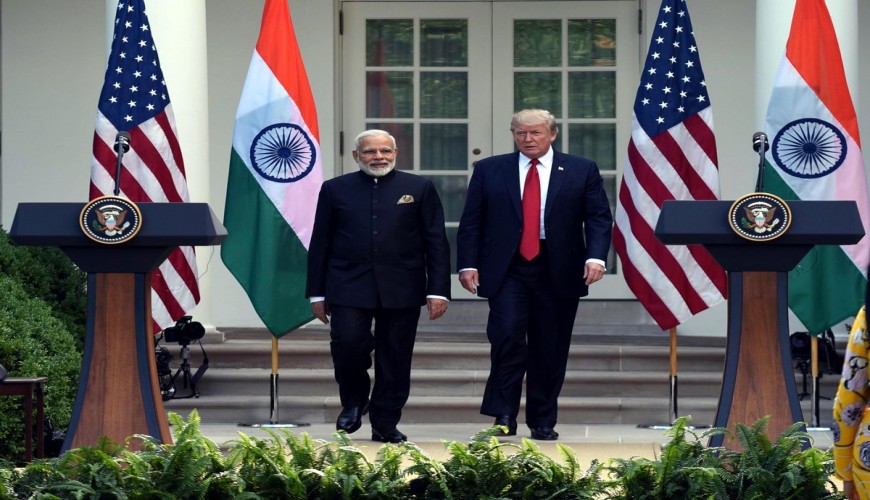
US President Donald Trump today asked Prime Minister Narendra Modi to do more to reduce obstacles to US exports to India as the two leaders vowed to further "expand and balance" Indo-US trade relationship.
Alongside Modi after their talks here, Trump told the media that India-US must have "a trading relationship that is fair and reciprocal".
"It is important that barriers be removed to the export of US goods into your markets and that we reduce our trade deficit with your country," he said.
India is the US' ninth largest trading partner with the total two-way trade USD 67.7 billion last year, as per USTR figures. It is loaded in favour of India, which runs a surplus of USD 24 billion.
It however fades into insignificance when compared to China which runs a surplus of USD 347 billion with the US.
The surplus with US is India's largest with a trading partner.
A joint statement issued after talks said the two leaders committed that the United States and India -- leading engines of growth in the global economy -- should intensify their economic cooperation.
"Noting that extensive
economic and tax reforms launched in their respective countries will unlock immense economic opportunities for both countries, the leaders committed to further expanding and balancing the trade relationship and to removing obstacles to growth and jobs creation," it said.
economic and tax reforms launched in their respective countries will unlock immense economic opportunities for both countries, the leaders committed to further expanding and balancing the trade relationship and to removing obstacles to growth and jobs creation," it said.
While the US president offered thanks for Indian airline's recent order of 100 new American planes and Indian interest in military armaments, Modi said his economic plan and Trump's 'Make America Great Again' stance "will add new dimensions to our cooperation".
Trump said US looked forward to exporting more energy, including liquefied natural gas (LNG) on long-term contracts.
The two leaders, the joint statement said, resolved to pursue increased commercial engagement based on the principles of free and fair trade.
"To this end, the United States and India plan to undertake a comprehensive review of trade relations with the goal of expediting regulatory processes; ensuring that technology and innovation are appropriately fostered, valued, and protected; and increasing market access in areas such as agriculture, information technology, and manufactured goods and services," it said.
No Comments For This Post, Be first to write a Comment.
Most viewed from International
Most viewed from World
AIMIM News
Delhi Assembly polls: Owaisi leads Padyatra in Okhla
Feb 01, 2025
We reject this Waqf Amendment Bill: Asaduddin Owaisi
Jan 30, 2025
Latest Urdu News
Most Viewed
May 26, 2020
Which political party will win the Delhi Assembly polls to be held on Feb 5?
Latest Videos View All
Like Us
Home
About Us
Advertise With Us
All Polls
Epaper Archives
Privacy Policy
Contact Us
Download Etemaad App
© 2025 Etemaad Daily News, All Rights Reserved.

.jpg)
.jpg)


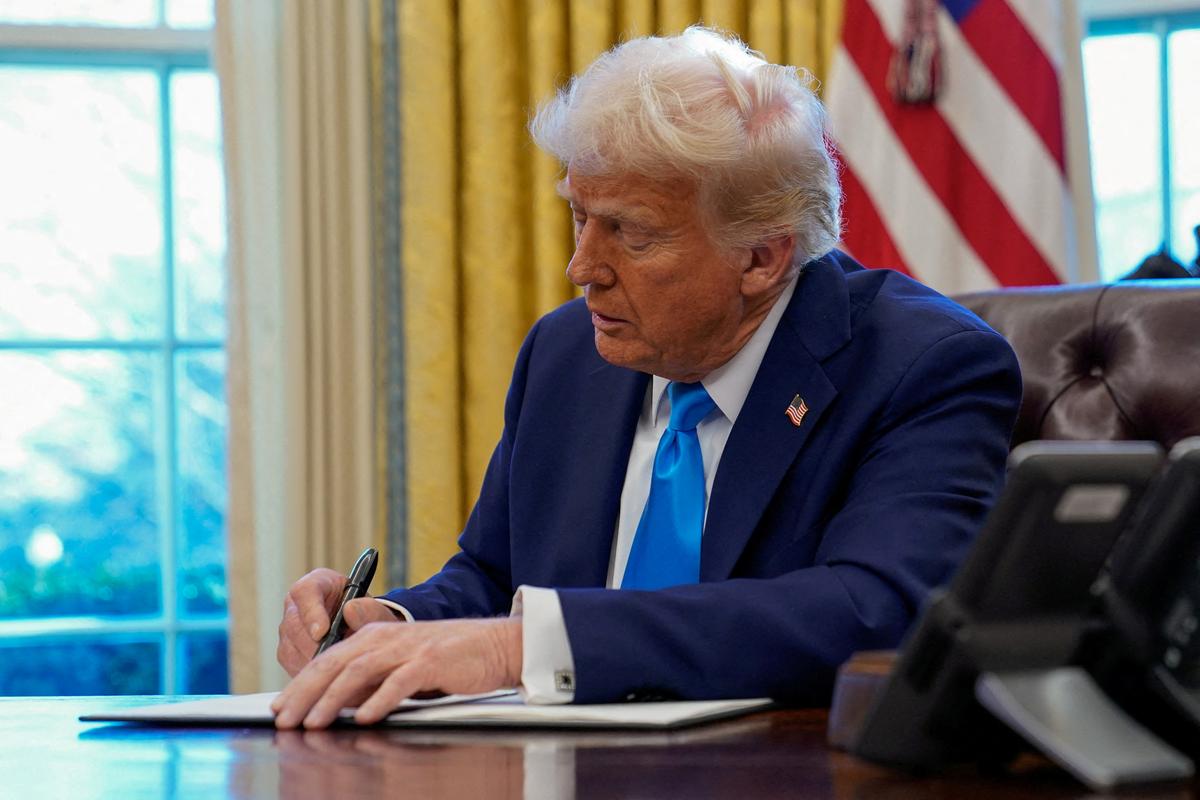
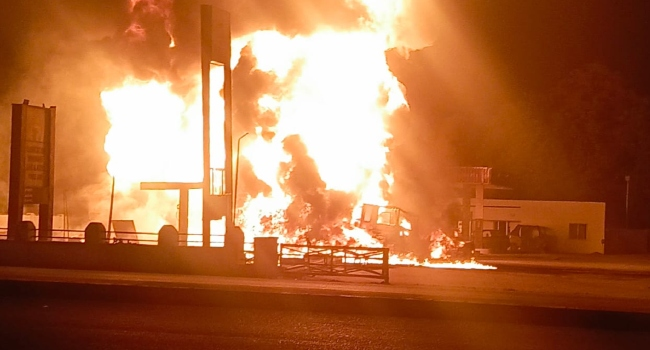
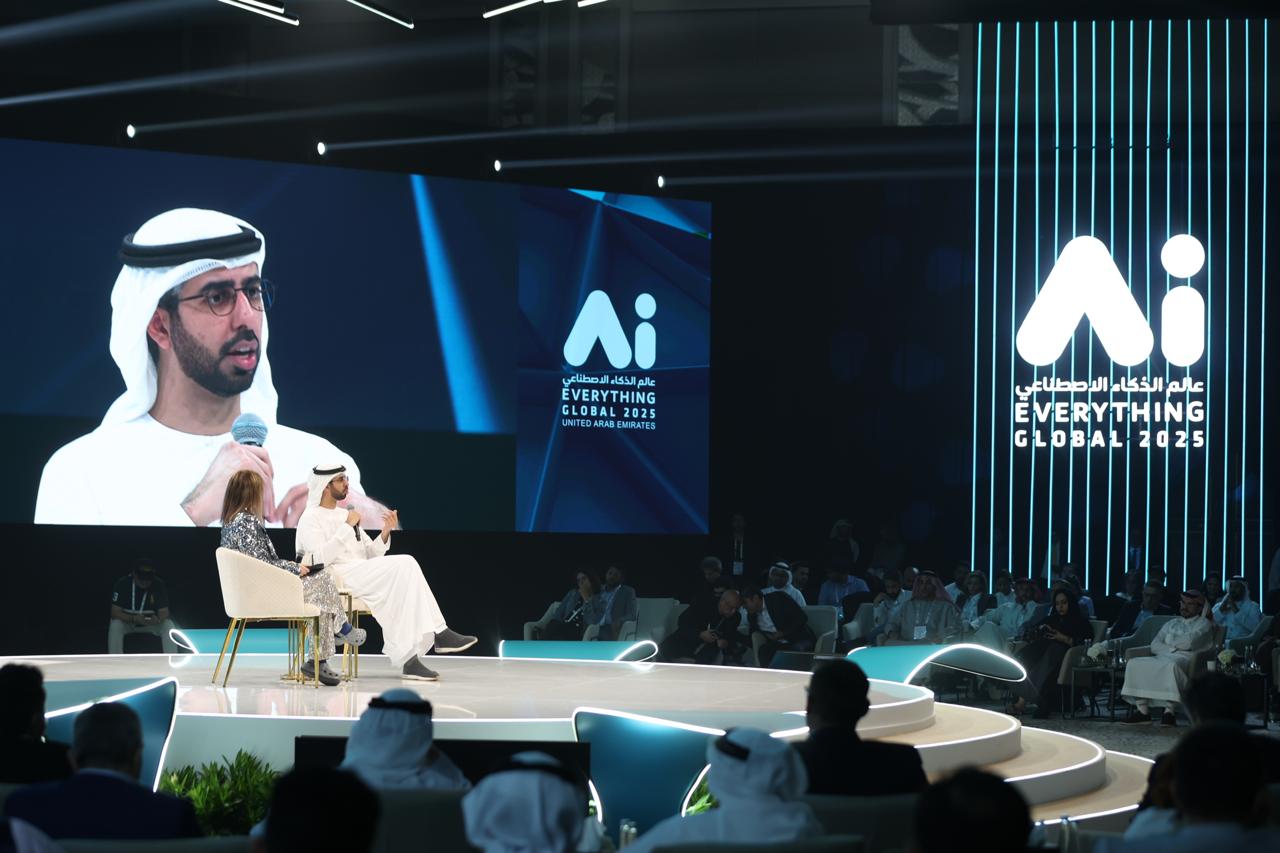
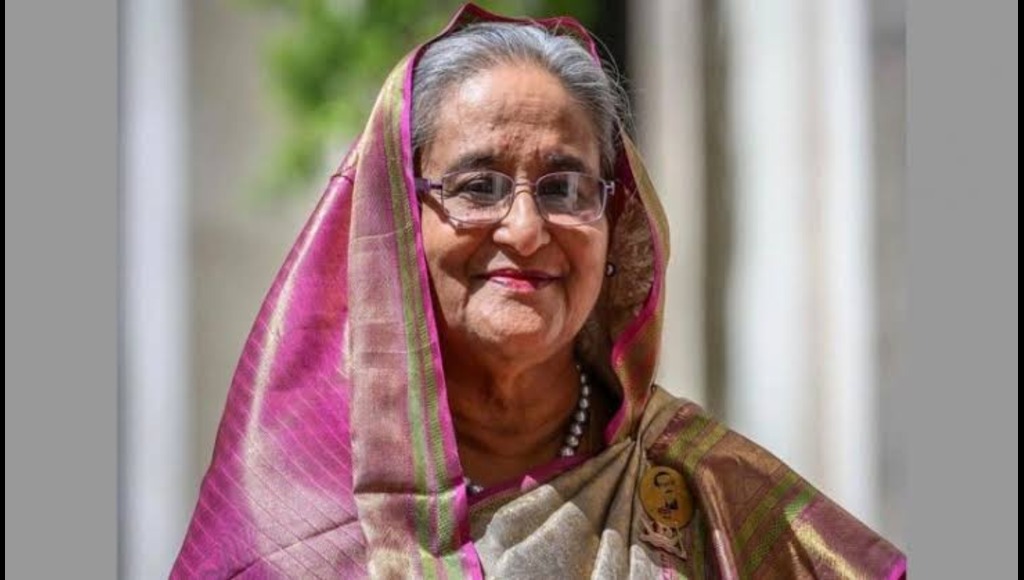
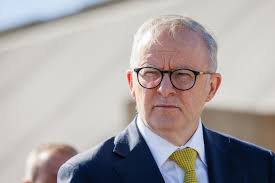


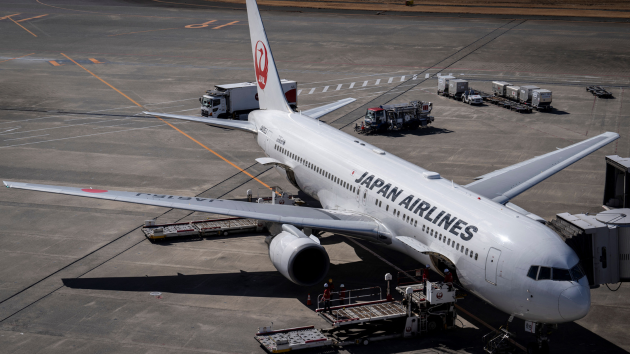
.jpg)
.jpg)
.jpg)
.jpg)
.jpg)
.jpg)
.jpg)
.jpg)
.jpg)
.jpg)
.jpg)
.jpg)

















